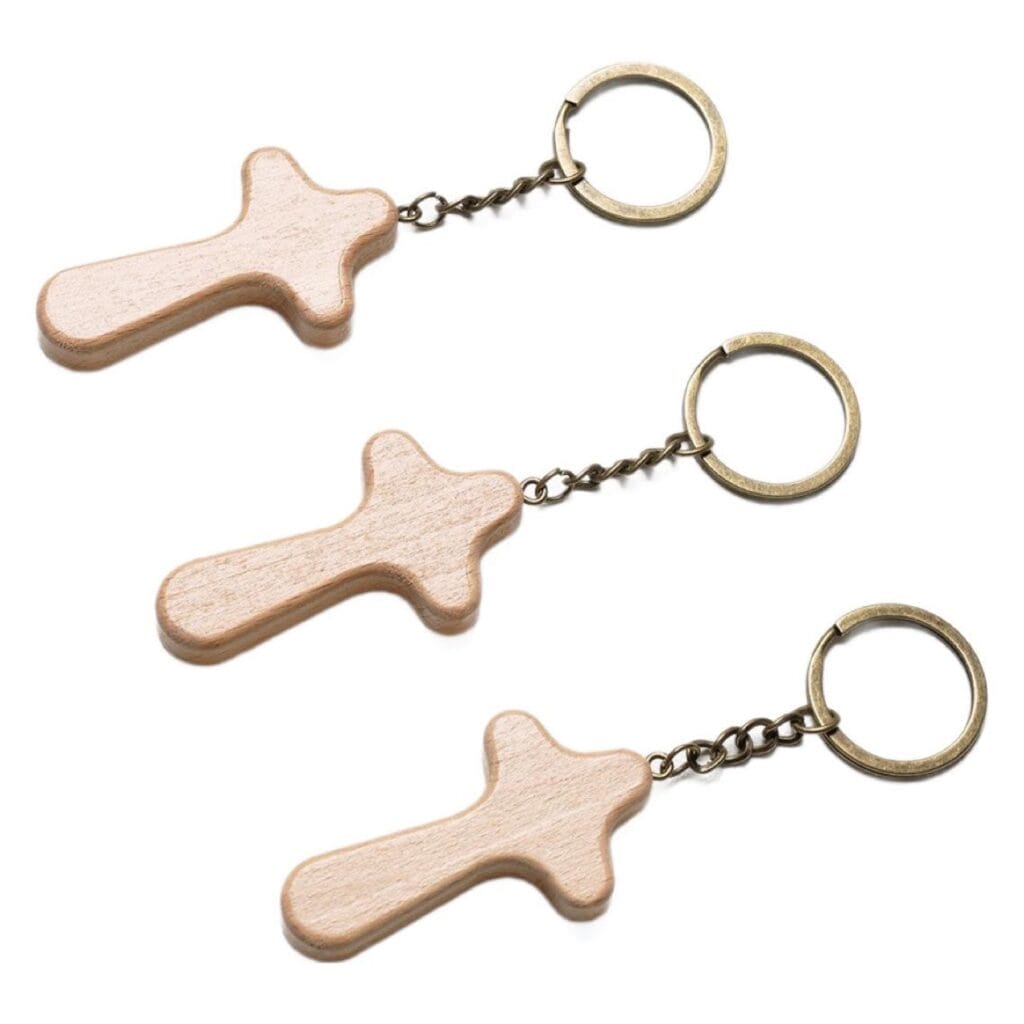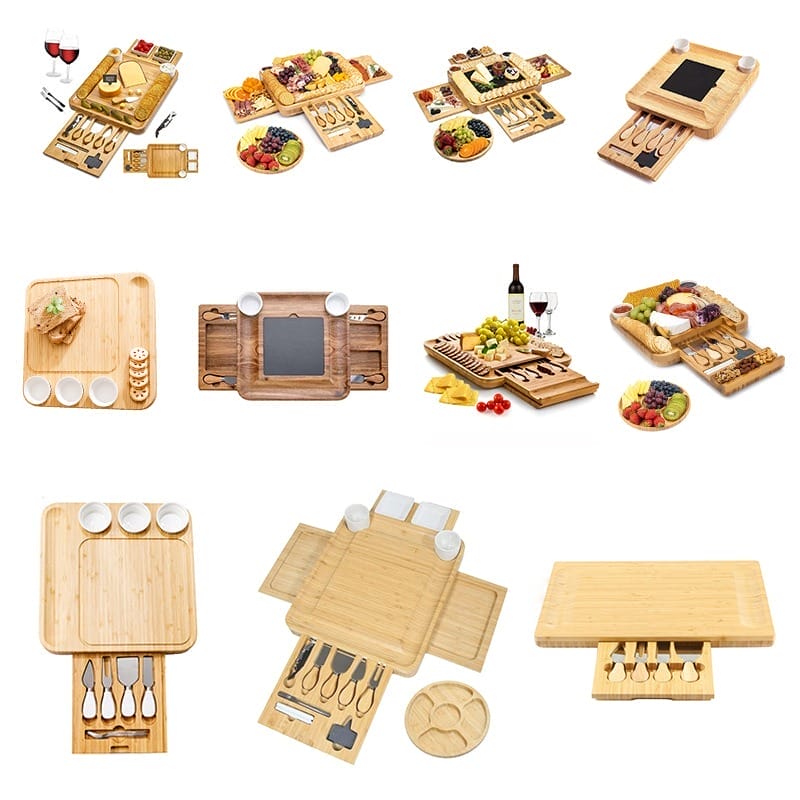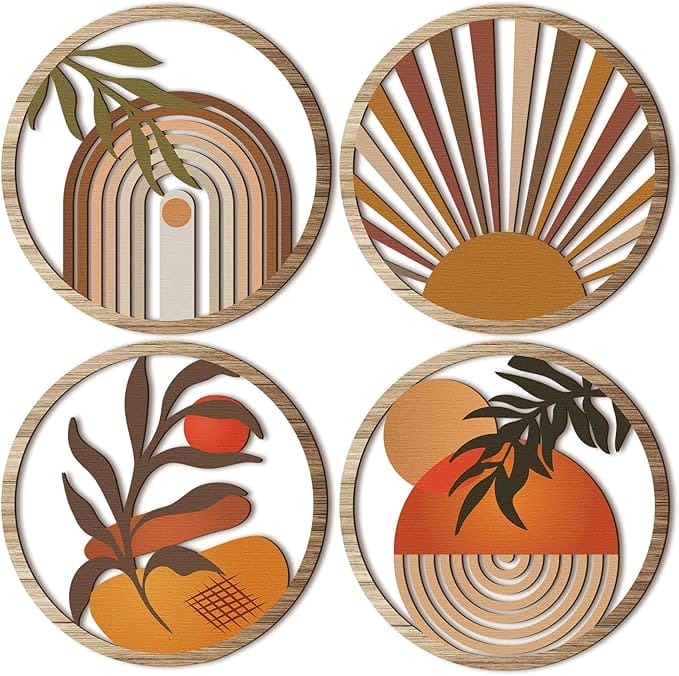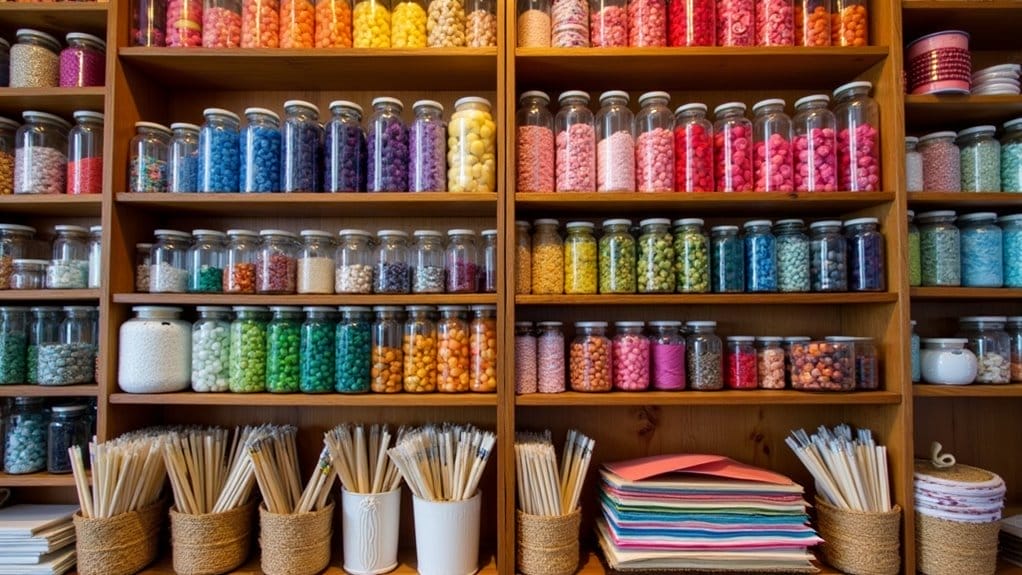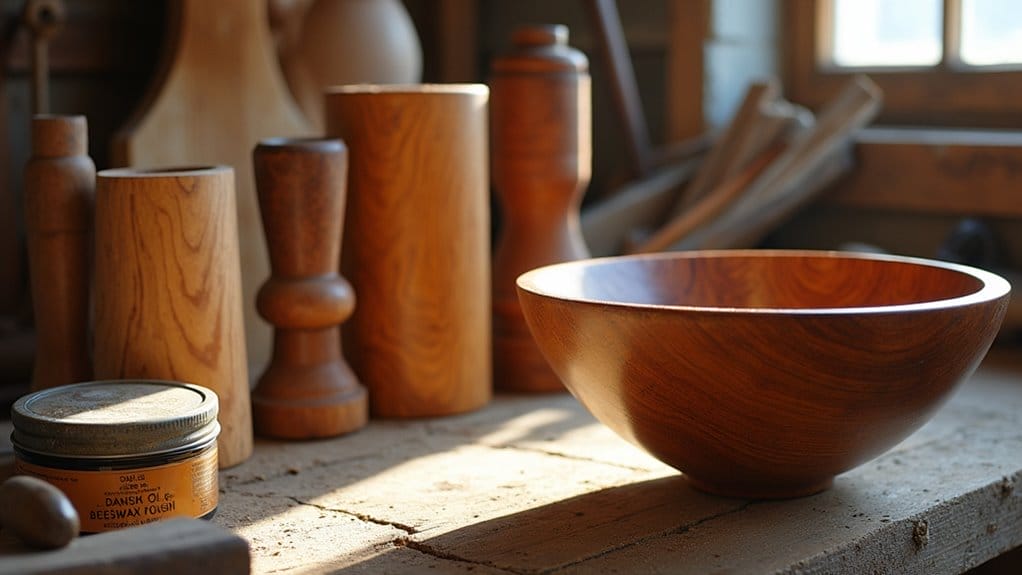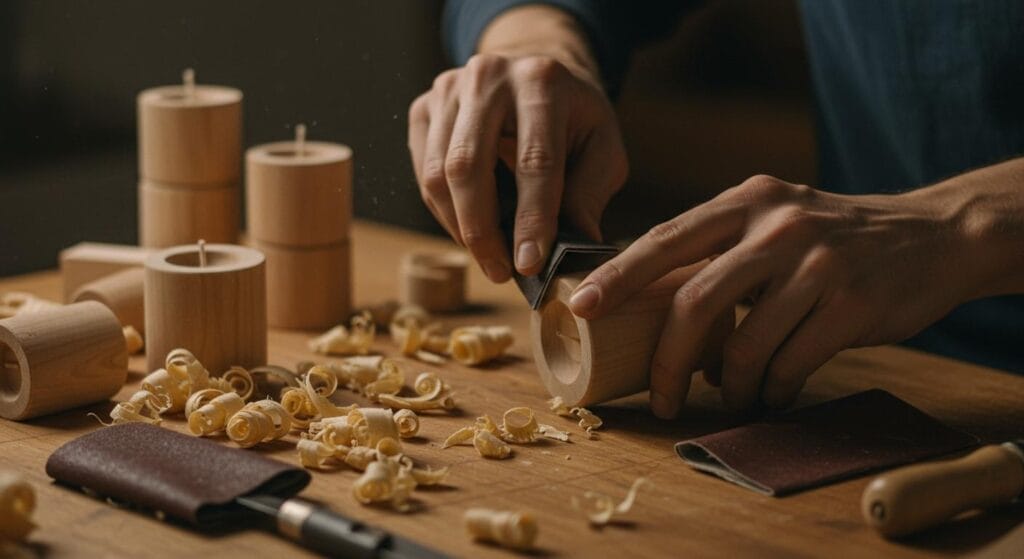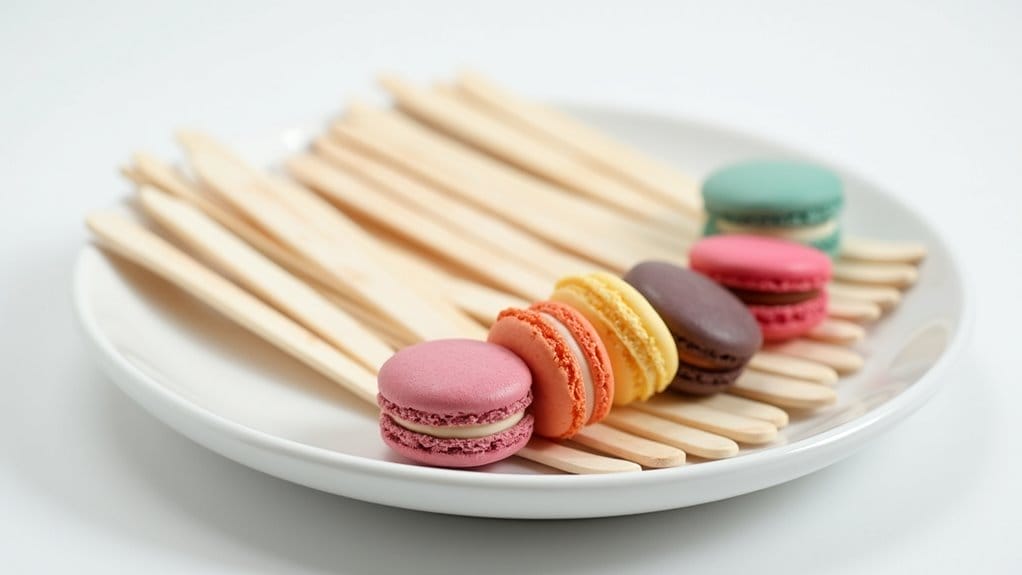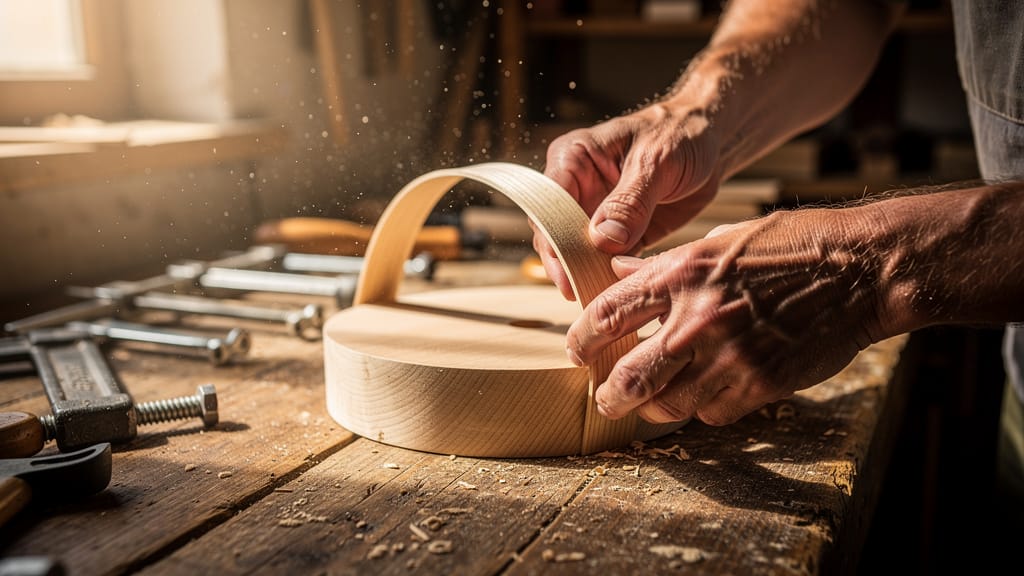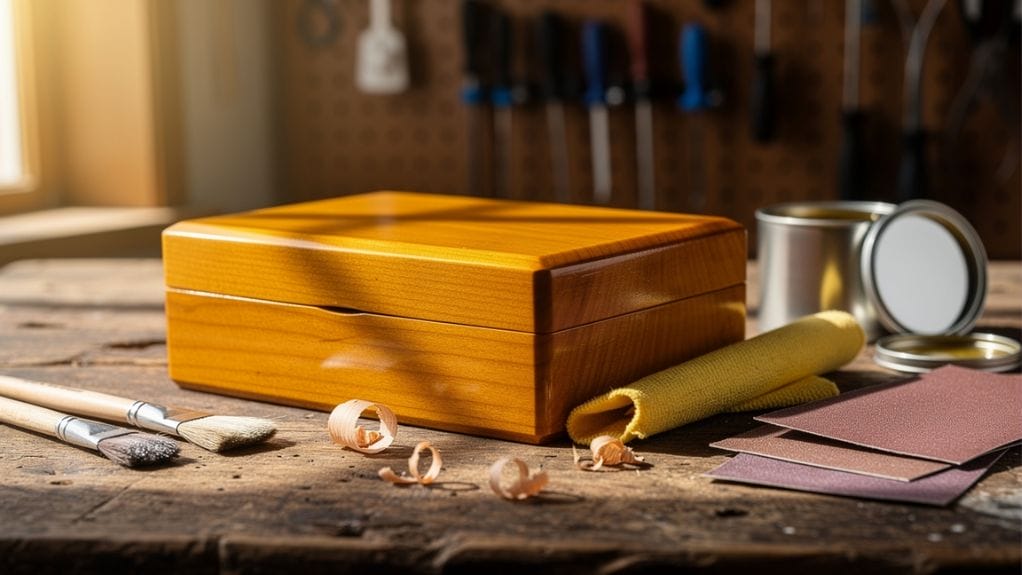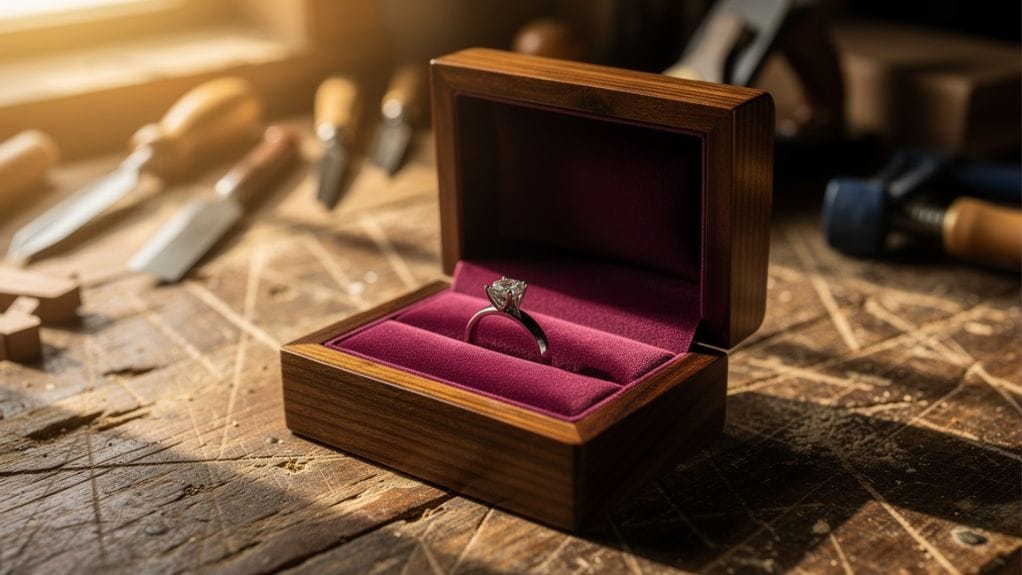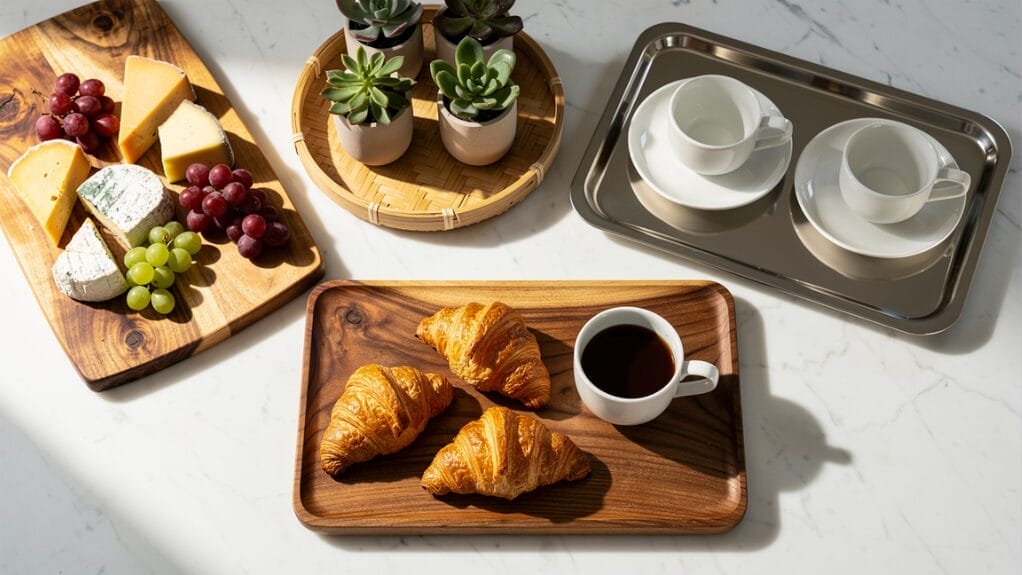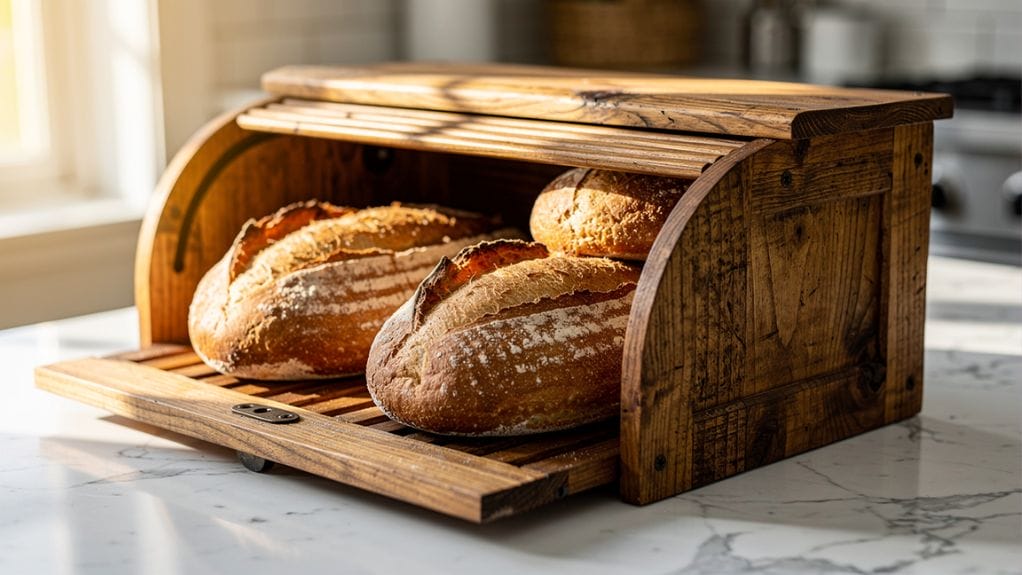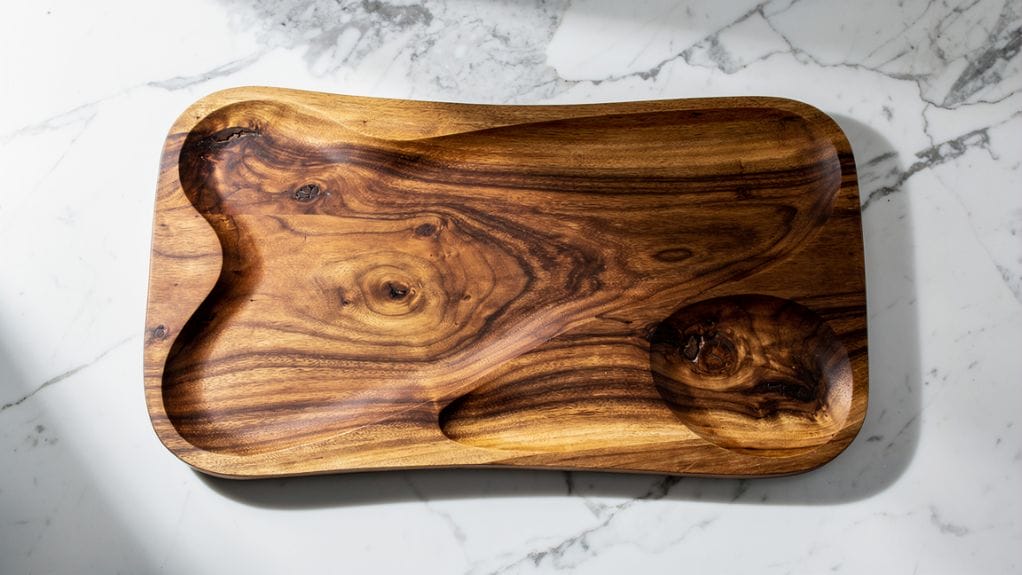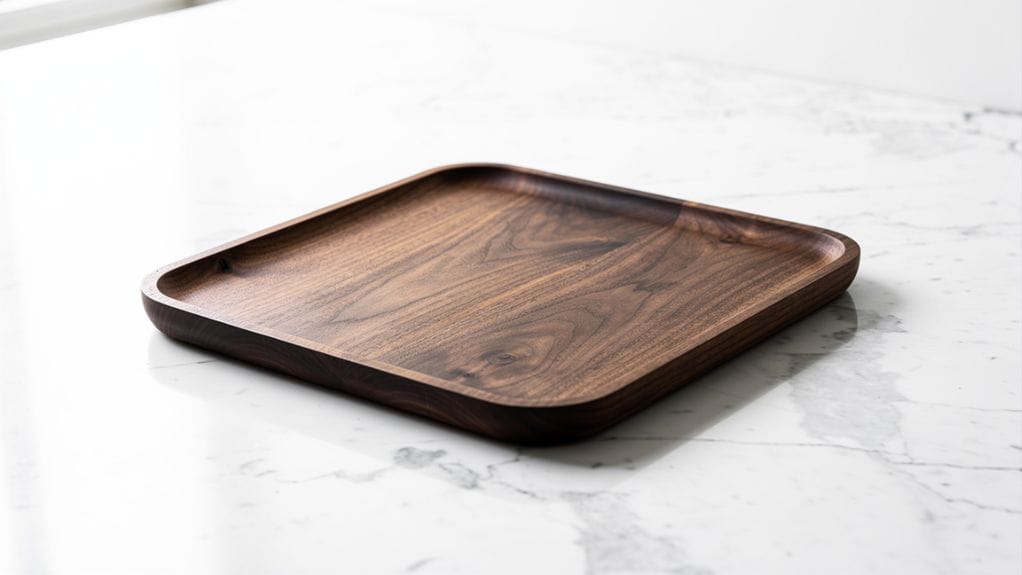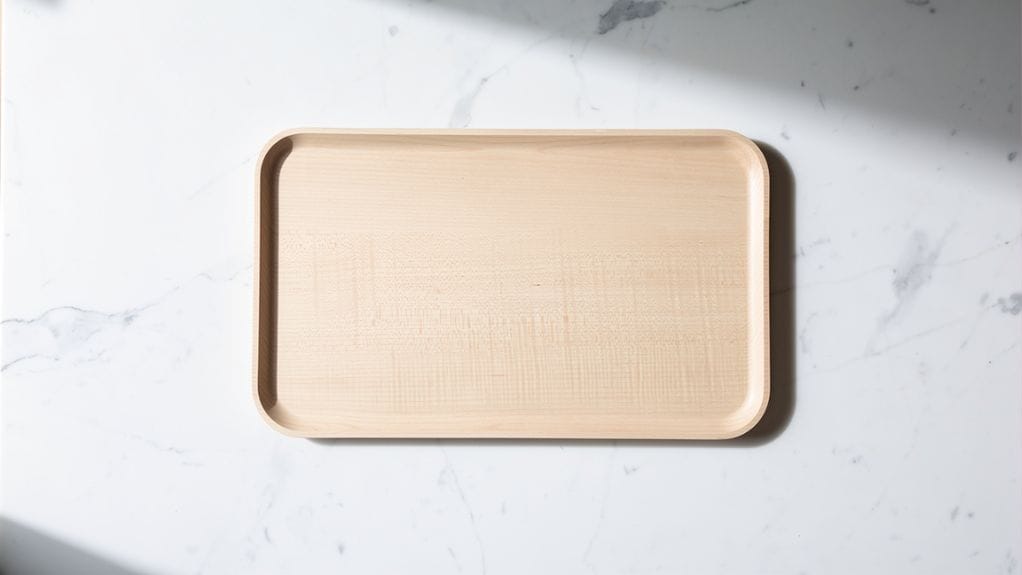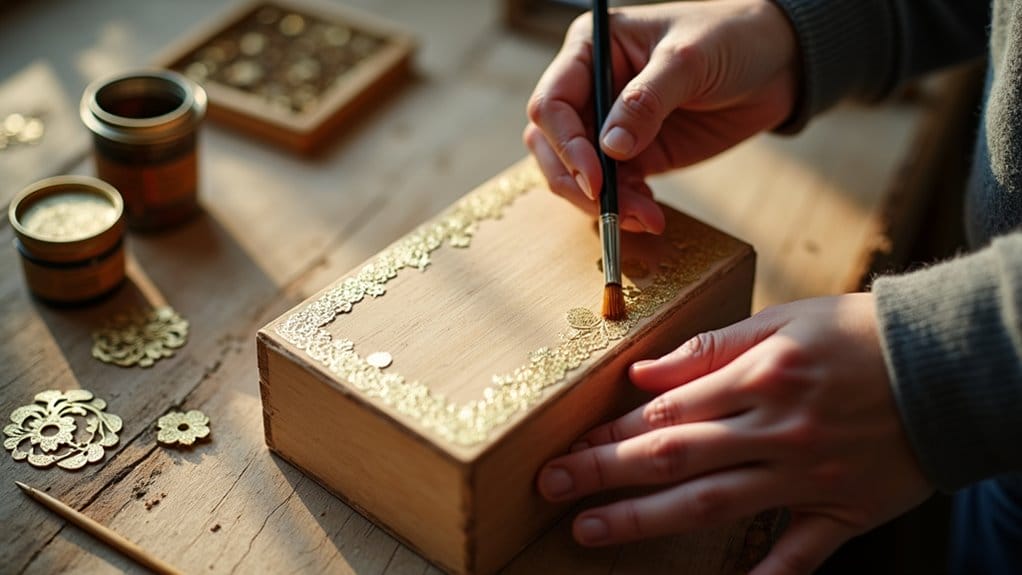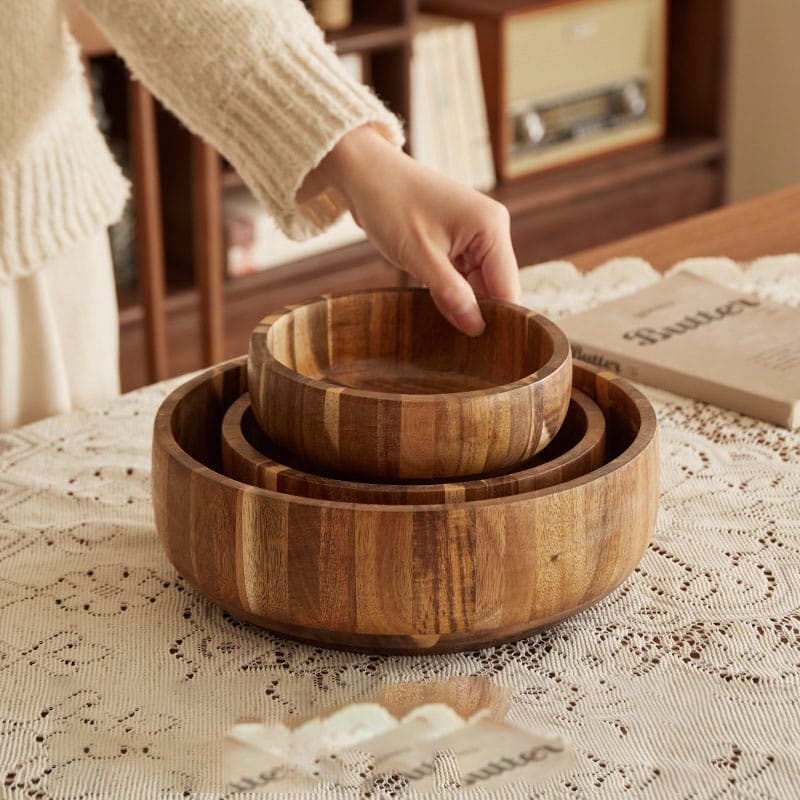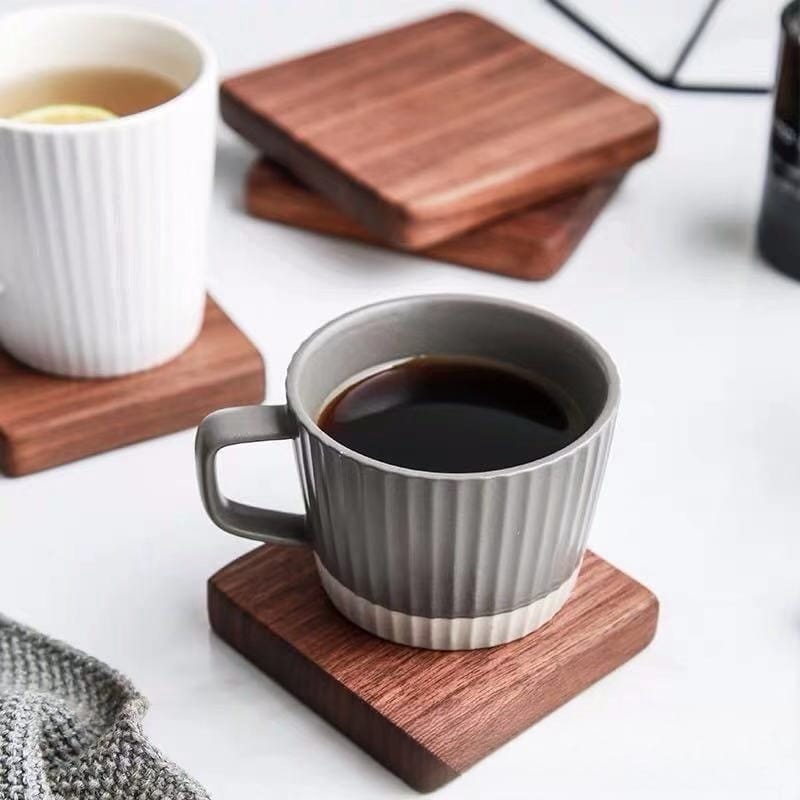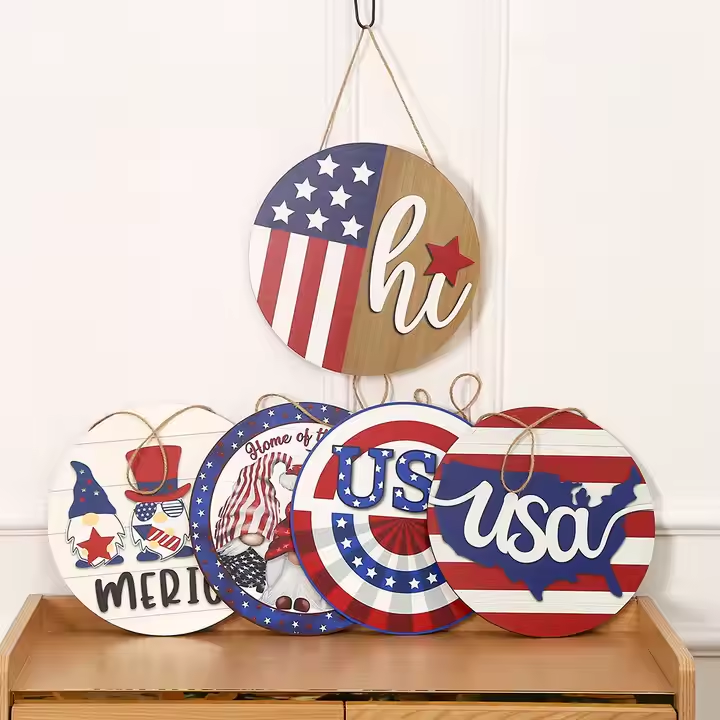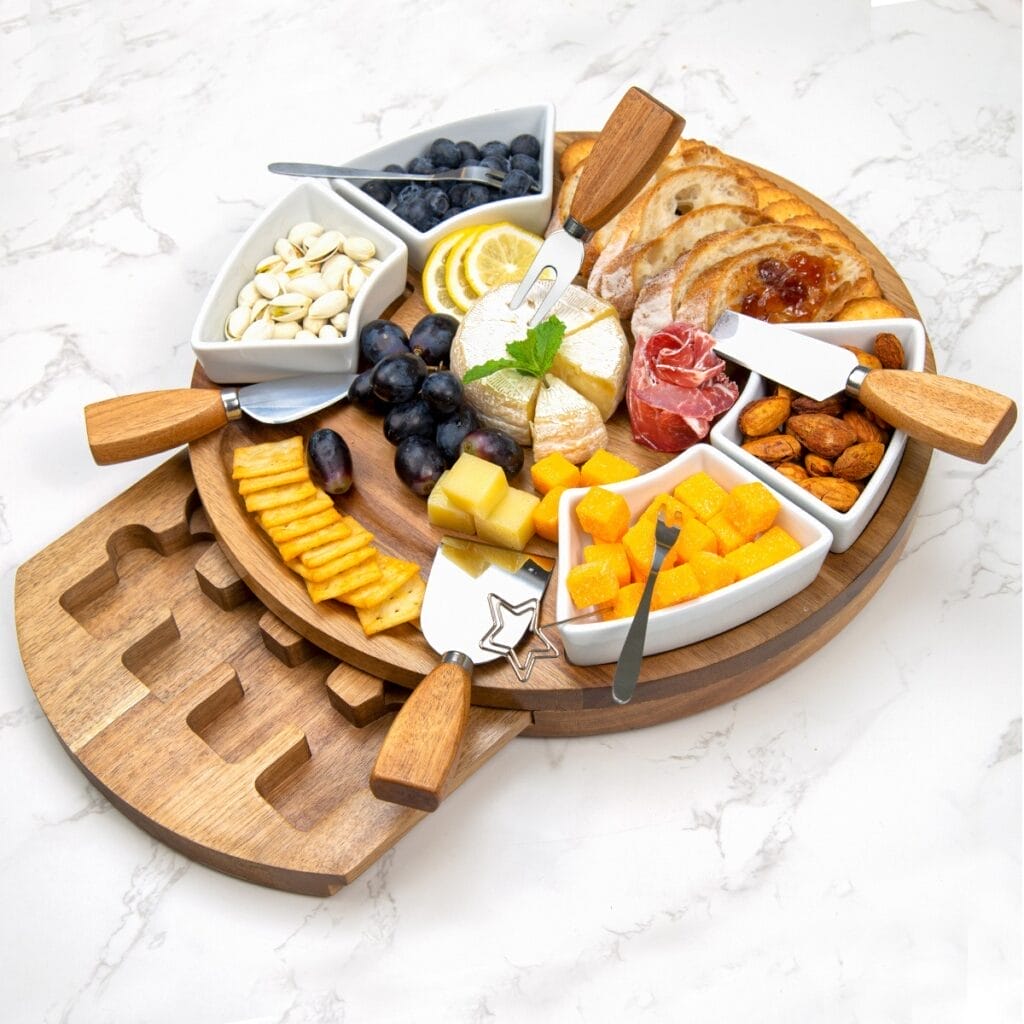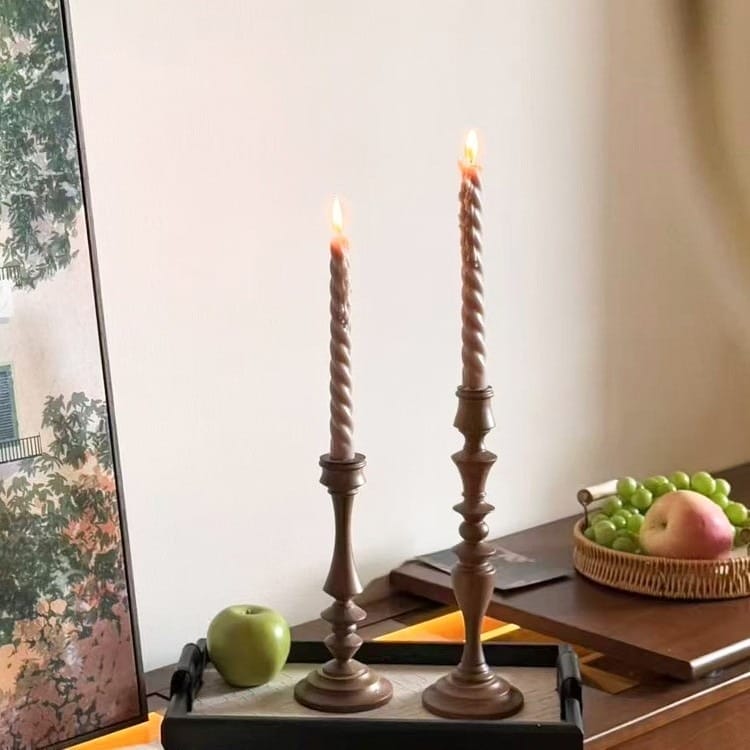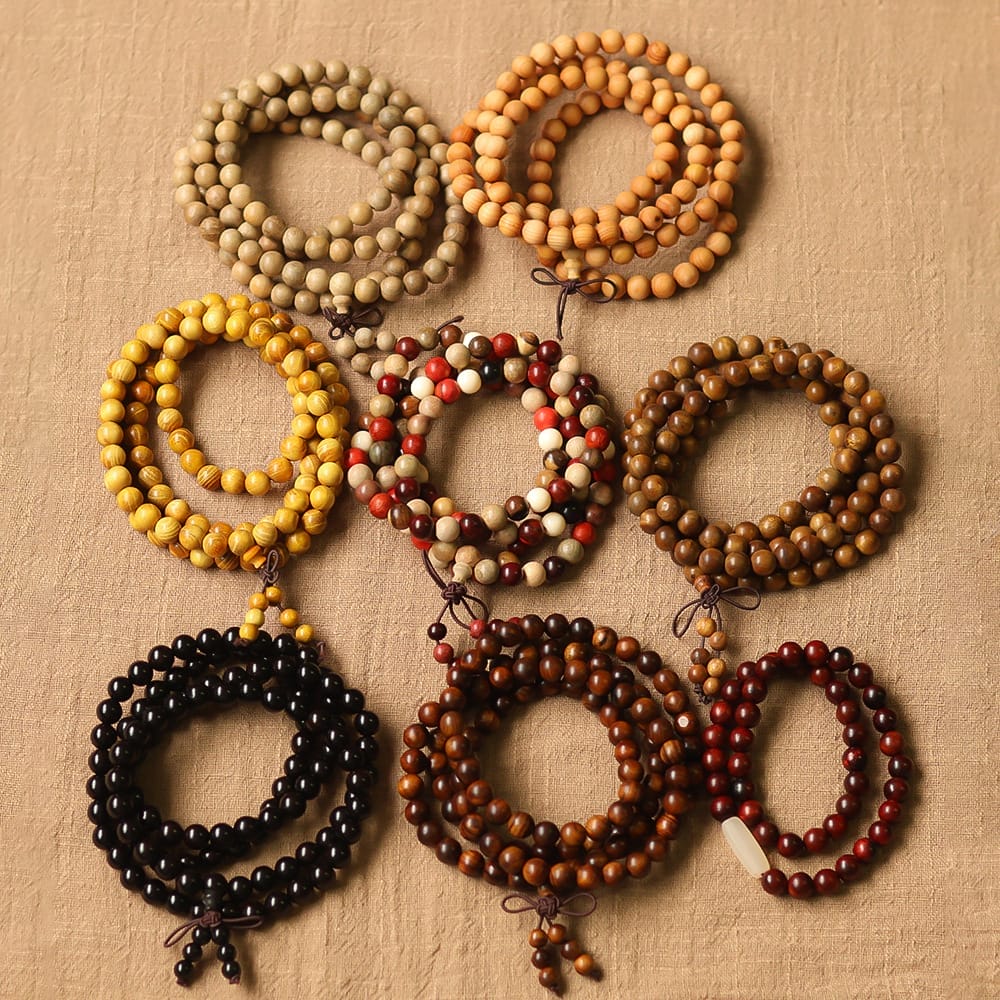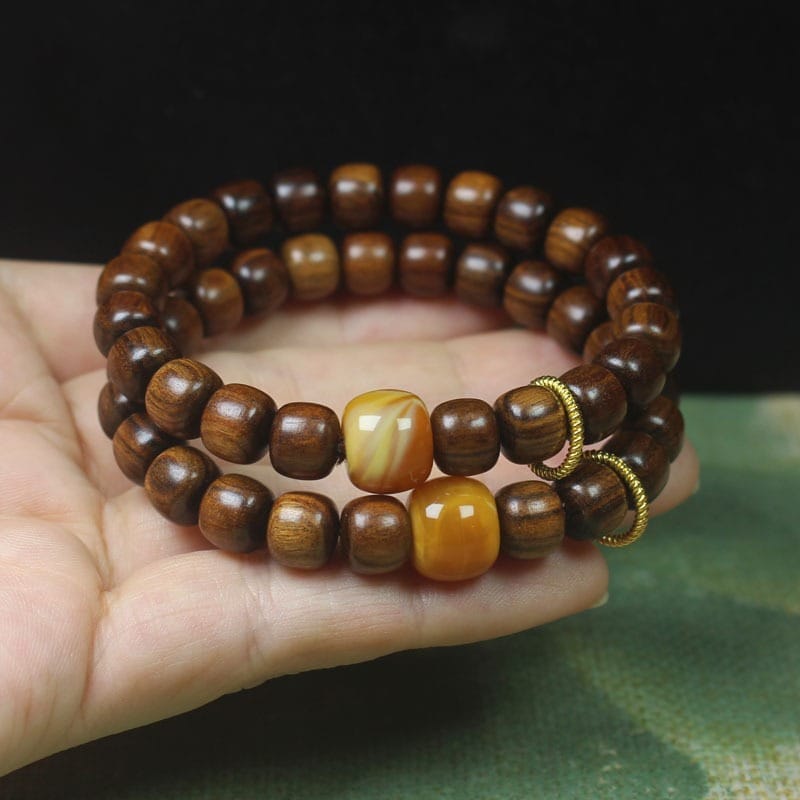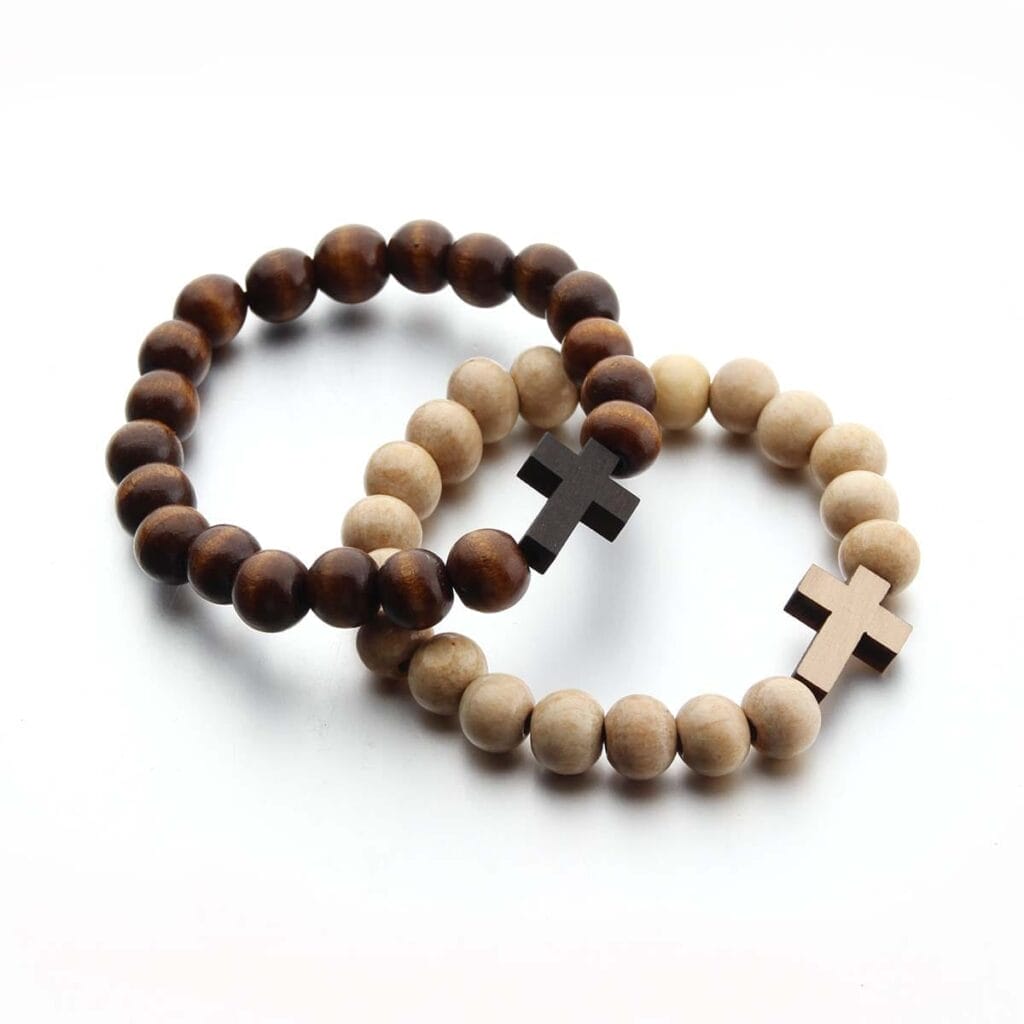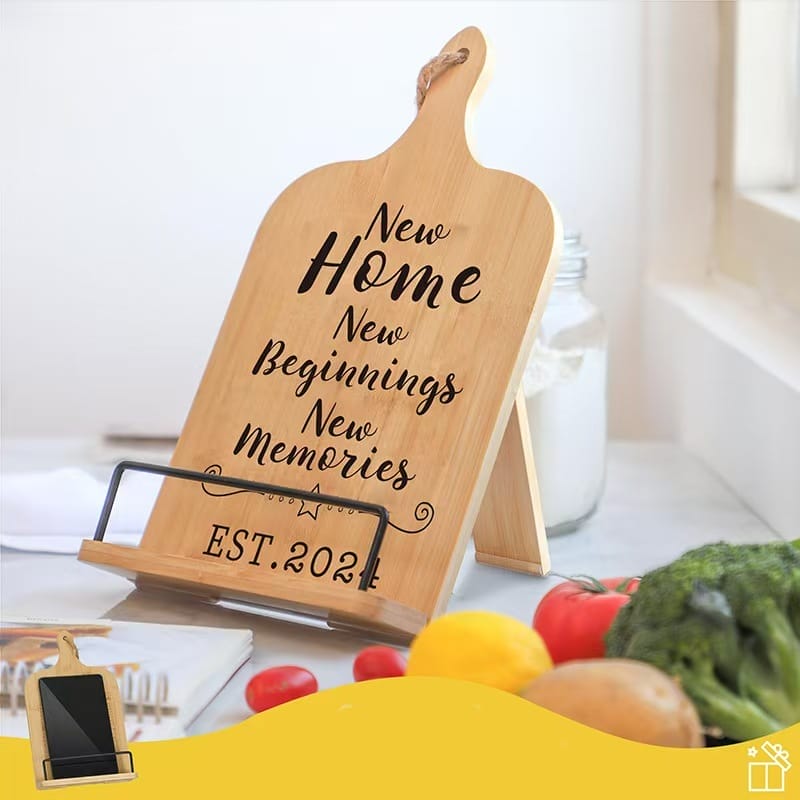Are wooden spoons better than plastic? Many people ask this when choosing kitchen tools. For most cooking, wooden spoons generally hold an advantage. This is true with today’s concerns. You will learn why are wooden spoons better than plastic. We will look closely at their features.
Key Takeaways
- Wooden spoons last longer. They do not melt or break easily. They stay strong for many years.
- Wooden spoons are safer for your health. Wood naturally fights germs. It does not put bad chemicals or tiny plastic bits into your food.
- Wooden spoons protect your pans. They will not scratch nonstick cookware. They also feel comfortable to hold while cooking.
- Wooden spoons are better for the Earth. They come from trees that can grow again. They break down naturally and do not cause pollution.
- Wooden spoons save you money over time. They might cost a little more at first. But you do not need to replace them often.
Durability and Longevity: Wooden vs Plastic Utensils

You want kitchen tools that last. Durability is key. Choose between wooden and plastic spoons. This part shows how each type holds up. You will see which lasts longer.
Wooden Spoons: Heat Resistance and Durability
Wooden utensils are very strong. They do not melt from heat. Stir hot soups safely. A good wooden spoon will not bend. It will not break from normal heat. Oil them sometimes. This keeps them strong. This simple step makes them last. Many people say their wooden cutlery lasts years. Some last decades. They are a good kitchen choice.
Plastic Spoons: Melting, Staining, and Microplastics
Plastic spoons have problems. They can melt in hot pans. This makes them weak. They might also crack. Plastic cutlery often gets stained. Tomato sauce or turmeric can stain them. Tiny plastic bits can break off. This happens with old spoons. These bits go into your food. This makes you wonder about safety. It also makes you wonder about durability.
Advancements in Wood Treatment vs. Plastic Degradation
New wood treatments make wooden utensils stronger. They resist water better. They resist wear better. Your wooden cutlery stays good longer. Plastic gets worse over time. The environment breaks plastic down. Using it a lot breaks it down. This makes plastic cutlery not last as long. Wooden options are often better. They last longer. They are more sustainable. You will find that wooden spoons are better than plastic in terms of how long they truly last.
Hygiene and Safety: Wooden vs Plastic Cutlery

You care about what touches your food. Hygiene and safety are very important. This is true in your kitchen. Let’s see how wooden vs plastic cutlery does. We will look at these areas. You will see clear differences.
Wooden Spoons: Natural Hygiene and Cleaning
Wooden cutlery has natural benefits. Wood fights germs. It has natural antimicrobial properties. You can clean your wooden utensils easily. Wash them with soap and water. They have no chemicals. They do not put bad things in your food. You avoid toxins. This makes them safe for your family. Many people pick wooden items for this.
Plastic Spoons: Bacteria Traps and Chemical Concerns
Plastic cutlery has other problems. Scratches form on plastic spoons. These tiny lines can trap bacteria. This makes them hard to clean well. You might also worry about chemicals. Some plastic has BPA or phthalates. These chemicals can get into your food. This causes health concerns. You want to avoid these risks.
Evolving Understanding of Microplastics and Health
Scientists learn more about microplastics. They learn more every day. Plastic cutlery breaks into tiny pieces. You might eat these microplastics. This is a growing health concern. Picking wooden cutlery helps you. It helps you avoid this problem. Wooden items break down naturally. They will decompose naturally. Microplastic pollution isn’t something they make. They are an eco-friendly choice. This shows why wooden spoons are better than plastic for you.
Kitchen Performance: Wooden vs Plastic Spoons

You want your kitchen tools to work well. They should make cooking easier. This section looks at how wooden and plastic spoons perform. You will see which one offers a better for cooking experience.
Wooden Spoons: Nonstick Safety and Comfort
Wooden utensils are kind to your cookware. They will not scratch your nonstick pans. This protects your expensive pots. You can stir without worry. Wooden cutlery also feels good in your hand. It offers a comfortable grip. Wood does not get hot quickly. You can stir hot food for a long time. Your hands stay cool. This makes them a joy to use.
Plastic Spoons: Surface Damage and Heat Limitations
Plastic spoons can harm your cookware. They can scratch nonstick surfaces. This damages your pans over time. Plastic also melts easily. A hot pan can deform your plastic spoon. This makes it useless. You might find plastic spoons less comfortable. They can feel flimsy. They do not offer the same solid feel as wooden utensils.
Specialized Plastic vs. Traditional Wooden Cooking Utility
Some plastic tools have special uses. They might have unique shapes for specific tasks. However, traditional wooden cutlery offers broad utility. You can use a wooden spoon for almost anything. It stirs, scrapes, and serves. This makes a comparison with other materials clear. Wooden tools are versatile. They are often better for cooking many different dishes. You might ask, are wooden spoons better than plastic for overall kitchen performance? Many cooks say yes.
Environmental Impact: Wooden vs Plastic Cutlery

You think about how your choices affect the environment. This includes your kitchen tools. Let’s look at how wooden vs plastic cutlery impacts nature. You will see big differences.
Wooden Spoons: Renewable and Biodegradable Choice
Wooden cutlery comes from nature. It comes from trees. Trees can grow again. This makes them a renewable resource. Wooden utensils also break down naturally. They are biodegradable. You can even turn them into compost. This puts them back into the earth. They create less carbon pollution. This helps the environment. Picking wooden items is good for nature. It is a truly green choice. You help the planet every time you use them.
Plastic Spoons: Non-Biodegradable and Pollution Concerns
Plastic cutlery is not the same. It comes from oil. Oil cannot grow back. It is not a renewable resource. Plastic cutlery does not break down. It is non-biodegradable. It stays in the environment for a very long time. This causes pollution. You see plastic trash everywhere. It breaks into tiny bits. These are called microplastics. Microplastics hurt animals. They also get into our food. Recycling plastic cutlery is often difficult. This makes its bad effect on the environment even worse.
Growing Emphasis on Sustainable Kitchenware
People care more about the planet today. There is a bigger focus on being green. Many people want products that are good for nature. Wooden cutlery is a green choice. It is a good option for your kitchen. You help the environment when you pick wooden tools. They break down naturally. They can be composted. This makes them a green answer.
Cost and Maintenance: Choosing the Right Utensil

You think about your money. You also think about how much work tools need. This section looks at the cost and care for your kitchen utensils. You will see which choice offers better value.
Wooden Spoons: Long-Term Value and Care
Wooden utensils might cost a little more at first. However, they offer great long-term value. You only need to oil them sometimes. This simple care keeps them strong. They last for many years. You will not replace them often. This makes them a smart investment. Wooden cutlery becomes a trusted part of your kitchen.
Plastic Spoons: Initial Savings vs. Replacement Costs
Plastic cutlery often costs less to buy. You can clean them easily. But they do not last long. They break, melt and stain. You replace them often. This adds up over time. Those initial savings disappear. You spend more money in the long run.
Total Cost of Ownership and Investment
Consider the total cost of ownership. A 2025 analysis shows wooden cutlery offers better value. Plastic items have hidden costs. These include regulatory fees for disposal. They also include the cost of frequent replacement. Choosing wooden vs plastic cutlery means choosing sustainability. Wooden options are eco-friendly. They save you money over time. They are a truly eco-friendly choice. You invest in an eco-friendly kitchen. You make a wise decision for your home and the planet.
Conclusion
You now know the answer. Are wooden spoons better than plastic? Yes, they are. They are better for your kitchen. Wooden spoons are strong and safe to use. They help the environment. They are good for nonstick cookware. Plastic spoons are easy sometimes. But wooden spoons are better. They last longer. You get a sustainable kitchen.
FAQ
Can wooden spoons scratch my nonstick cookware?
No, wooden spoons are gentle. They will not scratch your nonstick cookware. You can stir and scrape without worry. This protects your pans.
Do plastic spoons melt easily?
Yes, plastic spoons can melt. High heat from cooking surfaces can deform them. You should avoid leaving them in hot pots. This prevents damage.
Are wooden spoons more hygienic than plastic spoons?
Yes, wooden spoons are often more hygienic. Wood has natural properties that fight germs. Plastic spoons can trap bacteria in scratches. You get a cleaner tool with wood.
Why are wooden spoons considered eco-friendly?
Wooden spoons come from trees. Trees are a renewable resource. They are also biodegradable. This means they break down naturally. You choose a sustainable kitchen option.
Do plastic spoons pose health concerns?
Some plastic spoons may contain chemicals. These can leach into your food. They also shed microplastics over time. You might prefer wooden spoons for safety.


